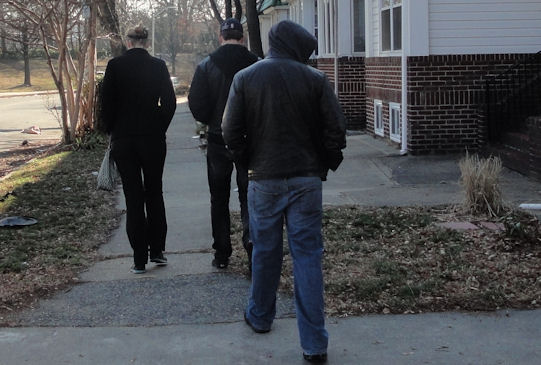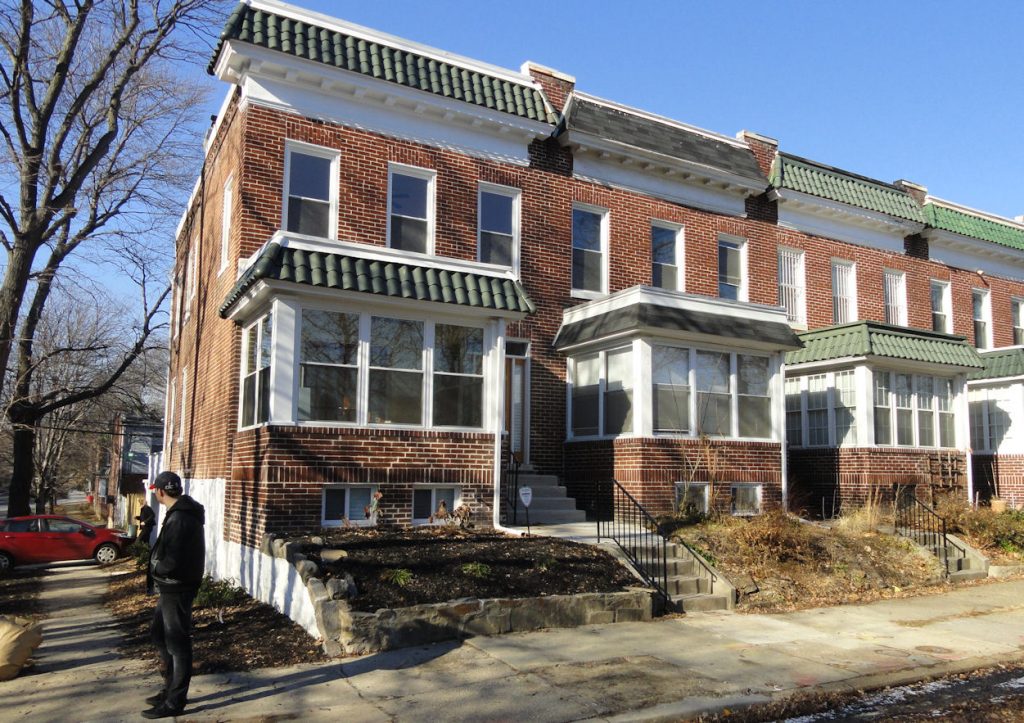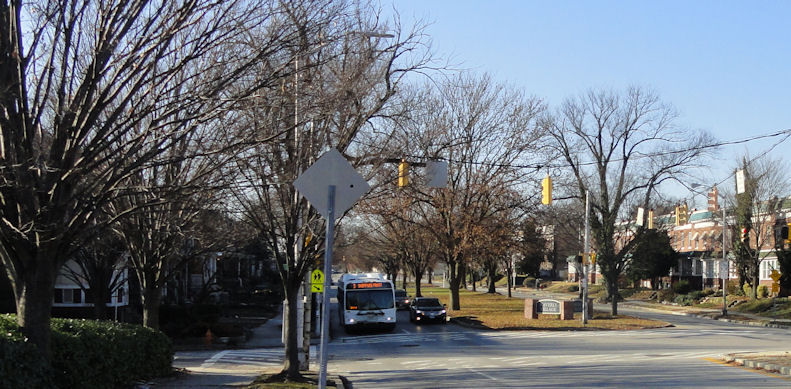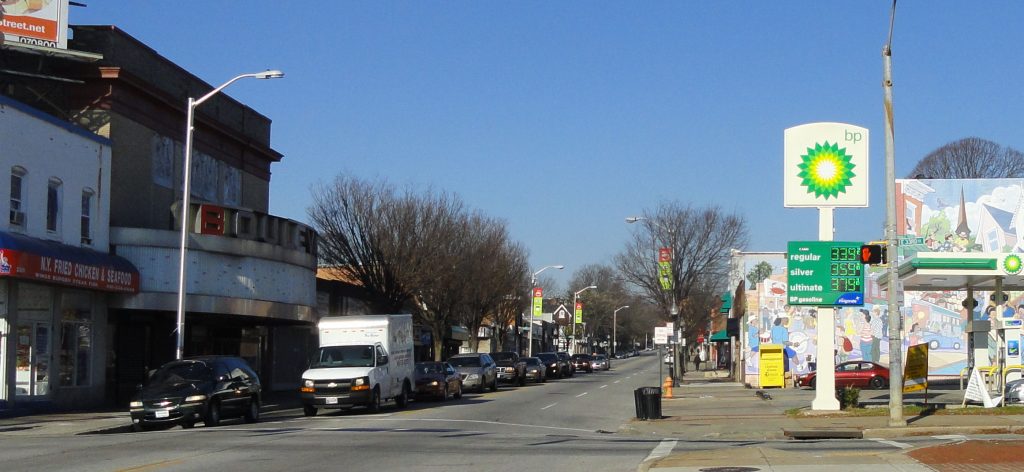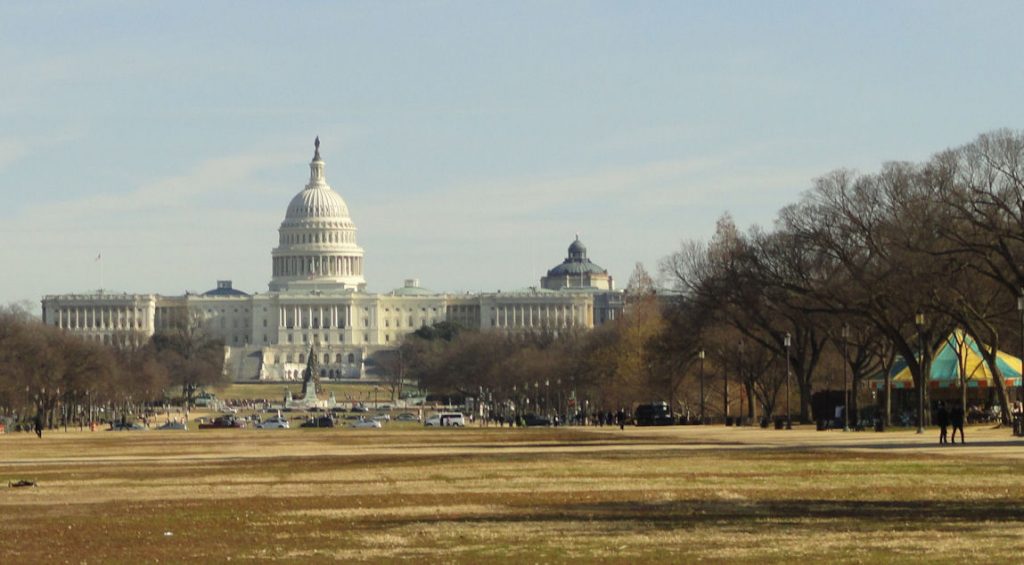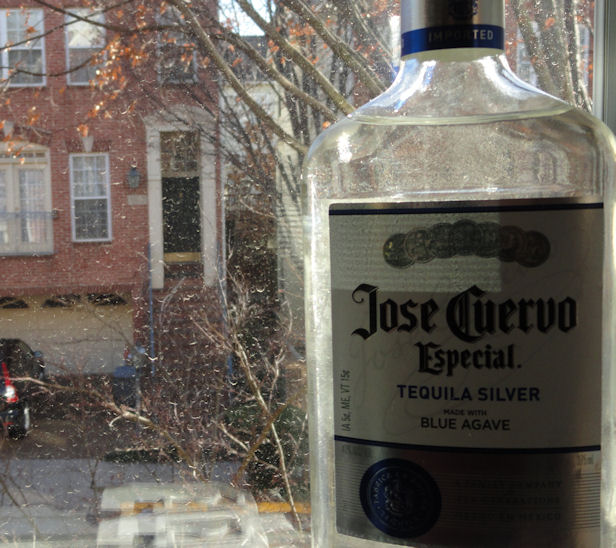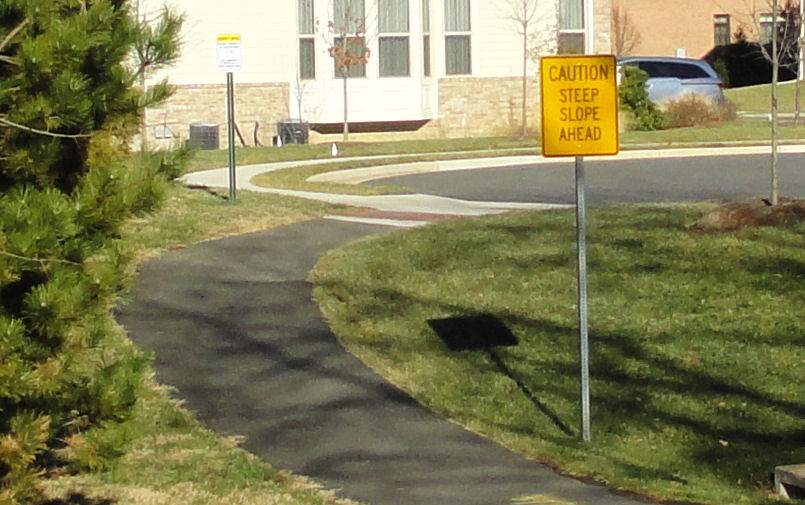
You can see it just by walking around. You don’t even have to walk around; you can see it by looking around the house and seeing all the signs warning you about things that aren’t very dangerous or admonishing you not to do things that no reasonable person would contemplate.
I noticed a few funny signs as I walked around the neighborhood. But they are not really funny when you think about it. Each of these signs was erected to solve a problem that didn’t really exist. They needlessly make people – at least some people – anxious about harmless things like a rise so gentle that it wouldn’t stop a fast rolling tennis ball, as you see in the top picture above.
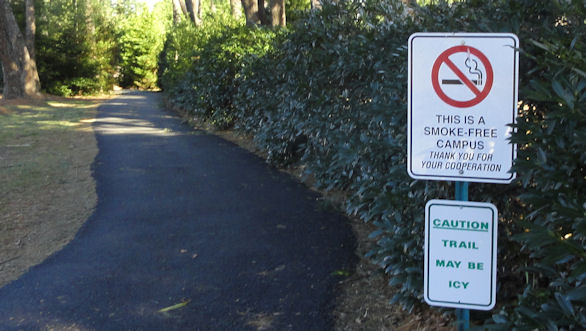
But consider the cost. I know from experience with our home owners’ association’s experiences (they managed to spend something like $90,000 to cut down medium sized existing trees and replace them with similar smaller ones) that nothing like this can be done inexpensively. Dozens of people need to be involved in the decision process. They will almost certainly need an expert to figure out the exact placement of the sign and just to be safe will get a legal opinion from a lawyer. That is before you bring in three or four workers, equipped with expensive specialized digging and construction equipment to erect the sign. After that it will require periodic maintenance. That silly sign about the little grade must have cost thousands of dollars to install and maintain.
I have always been a kind of a minimalist. I think you should always have “do nothing” as the default option. Those advocating any kind of action should have the responsibility of proving its worth. Lots of activity does nothing but cost money and many actually do harm. We are fooled into believing the activity is effective by things just returning to normal. There was an interesting article in WSJ about knee surgery. It usually doesn’t work better than nothing and since it costs money and can create complications, it is worse than nothing. But people who go to doctors expect something and they usually get it. I recall an old episode from the “Beverly Hillbillies” where Granny discovered a cure for the common cold. You took the medicine, and in a week or ten days you were better.
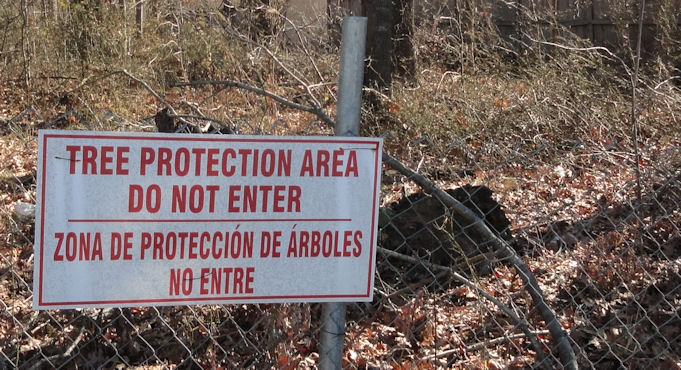
It is a bias in the human condition to attribute causality to activity. In Granny’s case, it is clear what is at work, but it is not always so clear. Politicians make all sorts of promises and regulations. Sometimes things do get better, but it may or may not be the result of their actions.
There is an interesting example from behavioral economics that illustrates. David Kahneman, one of the fathers of behavior economics, had a dilemma while working with pilot trainers. He understood that positive reinforcement worked better than negative, but the data seemed to be against him. Trainers were right when they told him that yelling at someone who did worse than usual almost always made them do a better job the next time, while praising a good performance almost always resulted in a poorer result next time out. The data was right but misinterpreted. What was really happening was a simple regression to the mean. Someone who does worse than usual will almost certainly return to normal next time. The same will be the case for someone who does unusually well.
This is comforting to me, but also disturbing. It is a hard lesson to learn that lots of what you do really makes no difference. Many people make a living out of doing things that have no lasting effect but doing it with style and conviction.
I recently watched an episode of “Big Bang Theory” where Sheldon gets his girlfriend Amy to watch “Raiders of the Lost Ark.” She is unimpressed and points out that had Indiana Jones done nothing at all, the outcome would have been the same. The Nazis would have found the Ark, a little sooner. They would have opened it, as they did anyway. The spirits would have come out and killed them all, just as happened. Perhaps the only outcome Indiana Jones influenced was the deposition of the Ark in the giant warehouse where it is again lost at the end of the film.
Let me return to my prosaic sign watching. I am guessing that the sign making the “dangerous” knoll was put up because some fool tripped over the grade and maybe hurt himself. You can make a reasonable assumption that since that time nobody else has suffered a similar fate. The sign makers might take credit for the increase in human safety and happiness. At least Indiana Jones dressed well while he was cavorting around uselessly spending energy.

